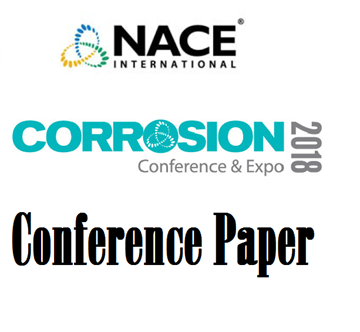Search
01434 MATERIAL SELECTION OF ELASTOMERIC LININGS
Also Purchased
51318-11600-Material selection and recent case histories with nickel alloys
Product Number:
51318-11600-SG
Publication Date:
2018
$20.00
01042 MATERIAL SELECTION FOR SEPARATION, TRANSPORTATION AND DISPOSAL OF CO2
Product Number:
51300-01042-SG
ISBN:
01042 2001 CP
$20.00
01433 Analysis of Failed Rubber Linings - A Failure Analysis Methodolog,y
Product Number:
51300-01433-SG
ISBN:
01433 2001 CP
$20.00
Recently viewed




